Based on the Helen Hunt Jackson novel of 1884 about a young woman of partial Native American descent, who experiences love and loss in 1800s California.
Related Movies

Dangerous Minds (1995)
Former Marine Louanne Johnson lands a gig teaching in a pilot program for bright but underachieving teens at a notorious inner-city high school. After having a terrible first day, she decides she must throw decorum to the wind. When Johnson returns to the classroom, she does so armed with a no-nonsense attitude informed by her military training and a fearless determination to better the lives of her students -- no matter what the cost.

The Brave (1997)
A down-on-his-luck American Indian recently released from jail is offered the chance to "star" as the victim of a snuff film, the resulting pay of which could greatly help his poverty stricken family.
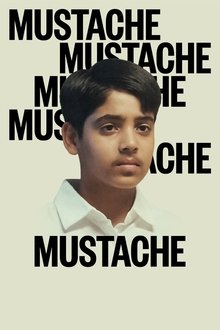
Mustache (2023)
It’s the mid-90’s in Northern California and 13-year-old Pakistani-American ILYAS is facing a major crisis — his parents yanked him out of his comfortable Islamic private school and now he has to face life at public school. Ilyas’ fears about joining public school are made worse by insecurities due to his inescapable, prepubescent MUSTACHE. Ilyas hatches a hilarious plan to return to his old school — but he must also learn to accept himself.

Kundo: Age of the Rampant (2014)
In 1862, amidst the rule of the late Joseon dynasty in Korea, a band of fighters named Kundo rise against the unjust authorities.
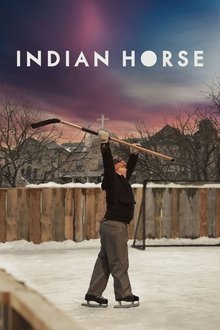
Indian Horse (2018)
Follows the life of Native Canadian Saul Indian Horse as he survives residential school and life amongst the racism of the 1970s. A talented hockey player, Saul must find his own path as he battles stereotypes and alcoholism.
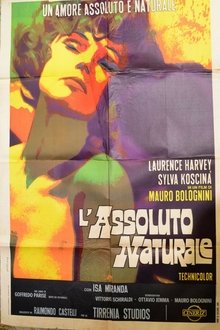
He and She (1969)
Mysterious romance involving an uninhibited woman and a photographer, shot in strange modernist interiors and abstract sports car-on-a-highway to nowhere exteriors.

The Wizard (1989)
A boy and his brother run away from home and hitch cross-country, with help from a girl they meet, to compete in the ultimate video-game championship.

East of Eden (1955)
In the Salinas Valley in and around World War I, Cal Trask feels he must compete against overwhelming odds with his brother for the love of their father. Cal is frustrated at every turn, from his reaction to the war, how to get ahead in business and in life, and how to relate to his estranged mother.
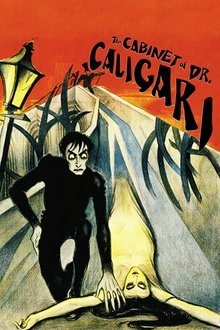
The Cabinet of Dr. Caligari (1920)
Francis, a young man, recalls in his memory the horrible experiences he and his fiancée Jane recently went through. Francis and his friend Alan visit The Cabinet of Dr. Caligari, an exhibit where the mysterious doctor shows the somnambulist Cesare, and awakens him for some moments from his death-like sleep.
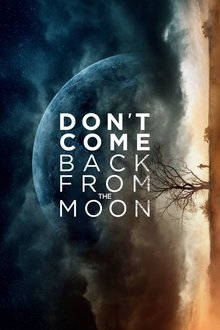
Don't Come Back from the Moon (2019)
The men of a small town on the edge of nowhere mysteriously disappear, one by one, leaving women and children behind to fend for themselves in a desolate and dreamlike world.

Marraines de France (1916)
In times of World War I, a group of boisterous young ladies occurs to them that they could help the boys of the front writing letters to them and, thus, becoming their godmothers of war. Madeleine writes to the soldier Jacques Bertin, but, out of prudence, instead of giving her true identity, she impersonates her late grandmother. When the soldier comes on leave and wants to see her, the mistake will bring humorous consequences.
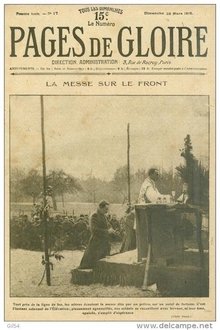
A Page of Glory (1915)
Denise lives with her grandparents on a farm and secretly meets Robert. When she tells her grandparents that she wants to marry Robert, they refuse outright, so the two lovers will have no choice but to elope and marry in the nearby town. On the eve of having a child, war breaks out and Robert is mobilized.

Birth of Shri Krishna (1918)
This film begins with the invocation of 'almighty god' at a river where several people are gathered. The child god Krishna rises out of the water astride the demon snake Kaliya. Then we see Yashoda as she rocks the sleeping Krishna's crib and imagines the god as Gopala. The next scene shows Kamsa fantasizing about Krishna threateningly duplicated many times around him. Kamsa then imagines himself dead as his severed head rises up and descends again. People of all castes pay obeisance to the deity with the title-card: 'may this humble offering be accepted by the Lord'.
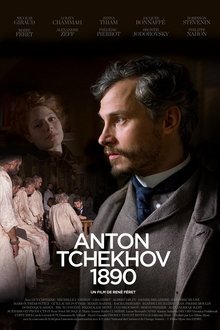
Anton Tchekhov 1890 (2015)
Summer 1890. In order to make some money to feed his family, Anton Chekhov, modest physician, wrote short stories for newspapers to sign Antosha Tchékhonté. Important characters, writer and editor, just make him aware of his talent. His situation is improving and Anton Chekhov gets the Pushkin prices and admiration of Tolstoy. But when one of his brothers died of tuberculosis, Anton saw it as a personal failure and wants to escape his fame and his love.
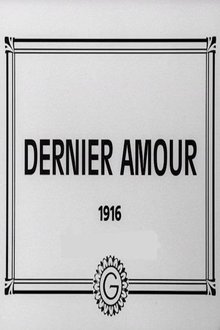
Dernier amour (1916)
Ninon, a veteran stage artist, resides in her villa in Provence, surrounded by admirers as veteran or more than her. A film crew arrives at the gardens of the town to film some scenes in that beautiful spot. The director and screenwriter of the team will notice the charms of Ninon.

Dances with Wolves (1990)
Wounded Civil War soldier John Dunbar tries to commit suicide—and becomes a hero instead. As a reward, he's assigned to his dream post, a remote junction on the Western frontier, and soon makes unlikely friends with the local Sioux tribe.
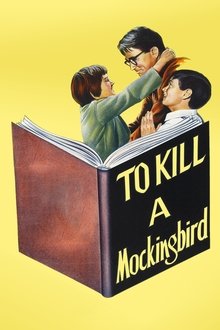
To Kill a Mockingbird (1962)
Scout Finch, 6, and her older brother Jem live in sleepy Maycomb, Alabama, spending much of their time with their friend Dill and spying on their reclusive and mysterious neighbor, Boo Radley. When Atticus, their widowed father and a respected lawyer, defends a black man named Tom Robinson against fabricated rape charges, the trial and tangent events expose the children to evils of racism and stereotyping.

The Grapes of Wrath (1940)
Tom Joad returns to his home after a jail sentence to find his family kicked out of their farm due to foreclosure. He catches up with them on his Uncle’s farm, and joins them the next day as they head for California and a new life... Hopefully.

Full Metal Jacket (1987)
A pragmatic U.S. Marine observes the dehumanizing effects the U.S.-Vietnam War has on his fellow recruits from their brutal boot camp training to the bloody street fighting in Hue.
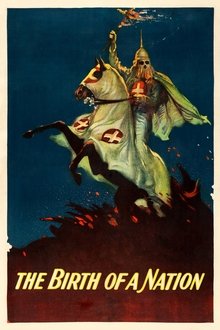
The Birth of a Nation (1915)
Two families, abolitionist Northerners the Stonemans and Southern landowners the Camerons, intertwine. When Confederate colonel Ben Cameron is captured in battle, nurse Elsie Stoneman petitions for his pardon. In Reconstruction-era South Carolina, Cameron founds the Ku Klux Klan, battling Elsie's congressman father and his African-American protégé, Silas Lynch.